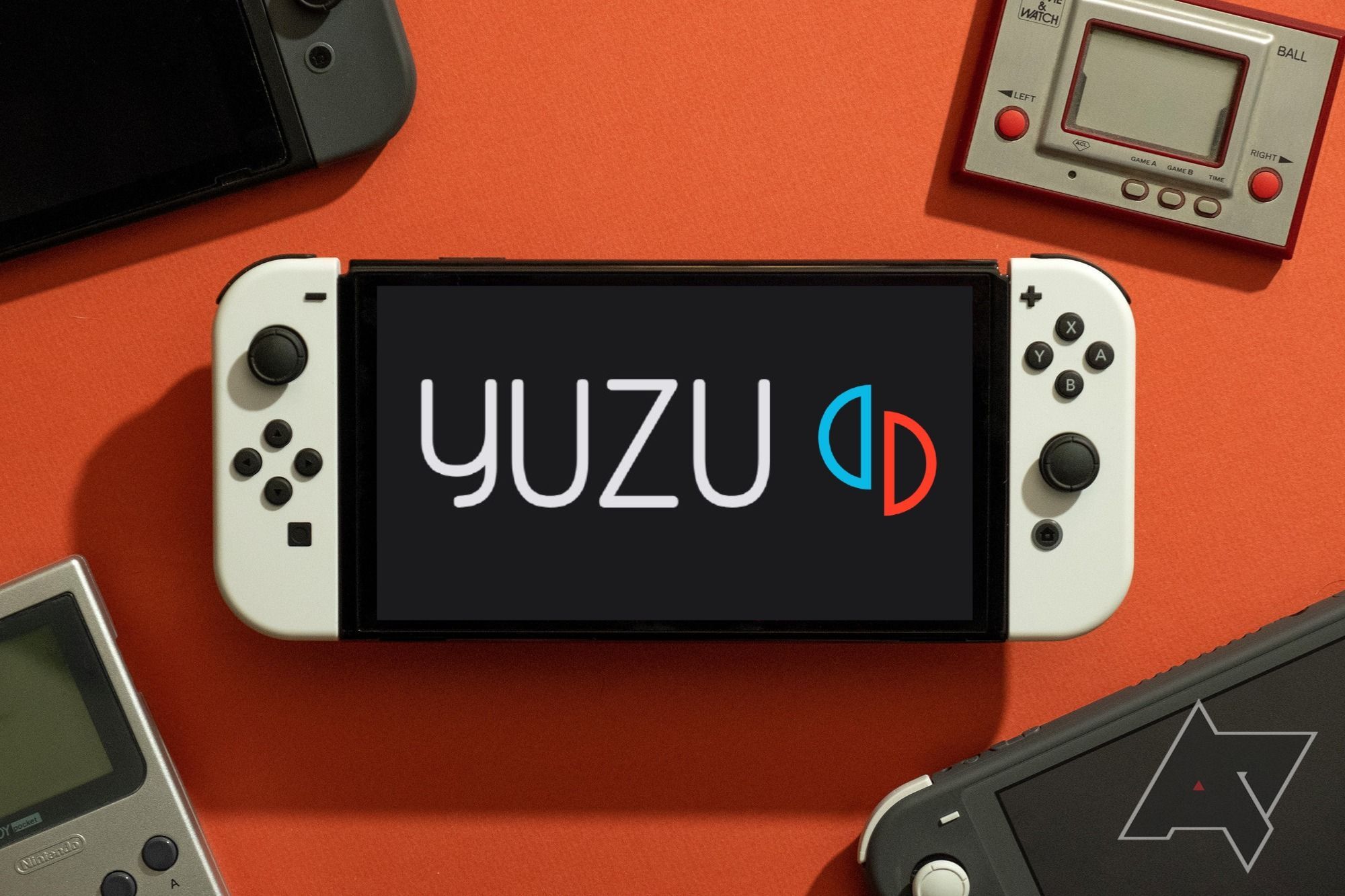Summary
- The New York Times aggressively targets Wordle clones with copyright notices, following in Nintendo’s footsteps.
- Clones are essential for gaming genre advancement, but NYT’s deep pockets allow it to intimidate small devs.
- Reactle developer chose to shut down his Wordle clone repository rather than face legal battle with NYT, sparking backlash.
It was inevitable that The New York Times would actively start threatening the developers of Wordle clones, taking a clear page out of Nintendo’s book fighting small-time devs. 404 Media recently revealed that The Times has filed hundreds of copyright notices against clones of the popular word game Wordle. The game found wild success back in 2021, developed by a single person, Josh Wardle, and it grew in popularity so fast the NYTimes bought it off Wardle for a seven-figure sum. Of course, with the game’s popularity, clones came about pretty fast, and have assuredly been an issue for the last three years. So, while it makes sense that The New York Times would want to protect its investment from anyone infringing on its copyright, it’s interesting to see such a stance when Wordle bears an extremely close resemblance to the game show Lingo that dates back to the 1980s.
Wordle’s colors compared to Lingo’s
Now, here’s the kicker: Lingo has no claim to sue The New York Times for copyright infringement, as copyright cannot be used to protect against the way a game is played, which is why every gaming platform out there is inundated with clones of all kinds of games. Clones are how genres advance, much like how Doom clones were a term until first-person shooter was chosen as the preferred nomenclature of gamers; the genre would have never progressed to its current state if ID Software owned the rights to all similar gameplay elements.
But you see, The New York Times is a big company with a lot of money, which means it’s easy to threaten small-time devs cloning Wordle on GitHub with their own unique takes, which is precisely what the paper is doing, much like how Nintendo throws its weight around to shut down any emulator it doesn’t like. Laws be damned; those with more money can outlast you in court, where the process is the punishment unless you acquiesce.

Another Nintendo DS emulator bites the dust following the folding of Yuzu
Drastic is now free on Android but will soon be pulled for good
One of The New York Times latest DMCA takedown notices was sent to Chase Wackerfuss, the dev behind the Wordle clone Reactle. Instead of fighting a battle against the money behind The New York Times, he chose the route with the least friction and shut down his repository; it’s now gone. Alas, the internet never forgets, and so this repository was forked at least 1,900 times before it disappeared (these devs should prepare for similar threats from NYT). Cut off one head, and two shall appear in its place. It’s almost like this is a losing battle that only results in bad PR. But when has bad PR stopped The New York Times in the past?




